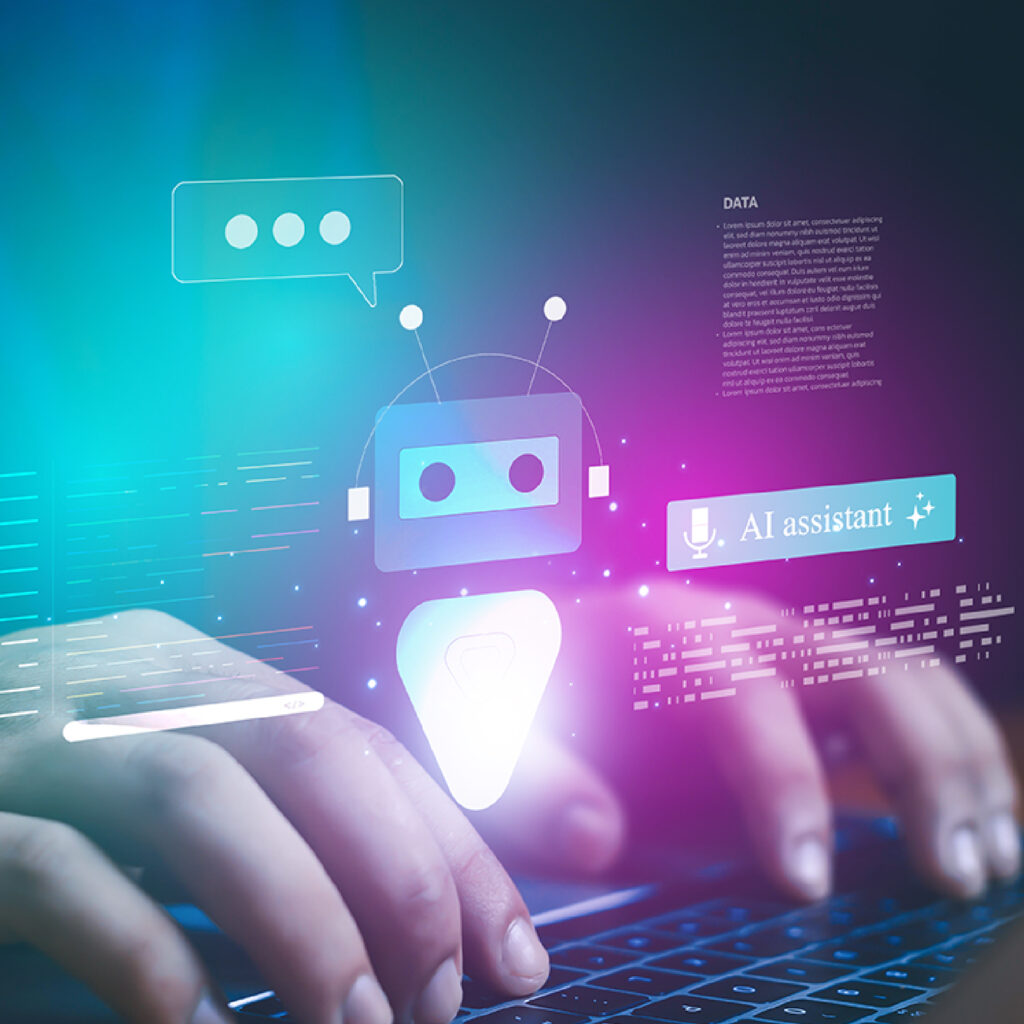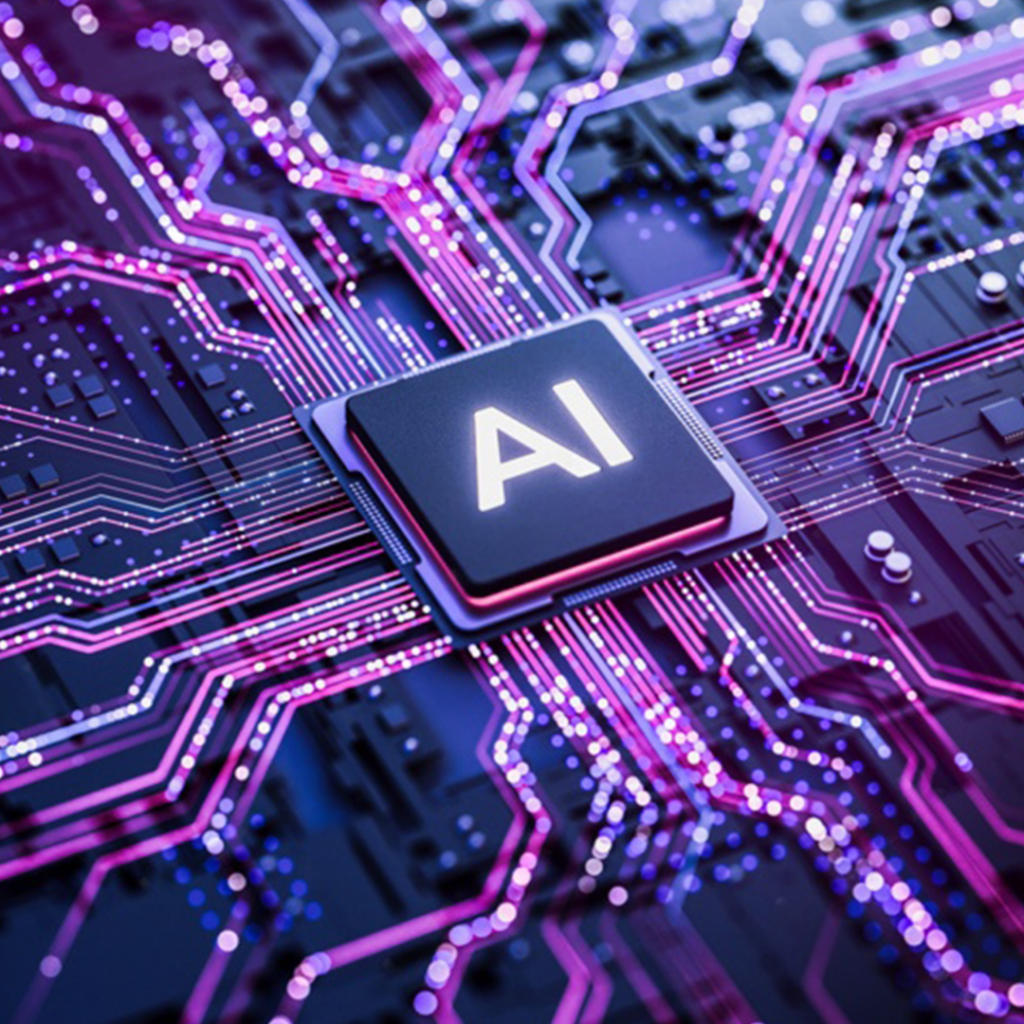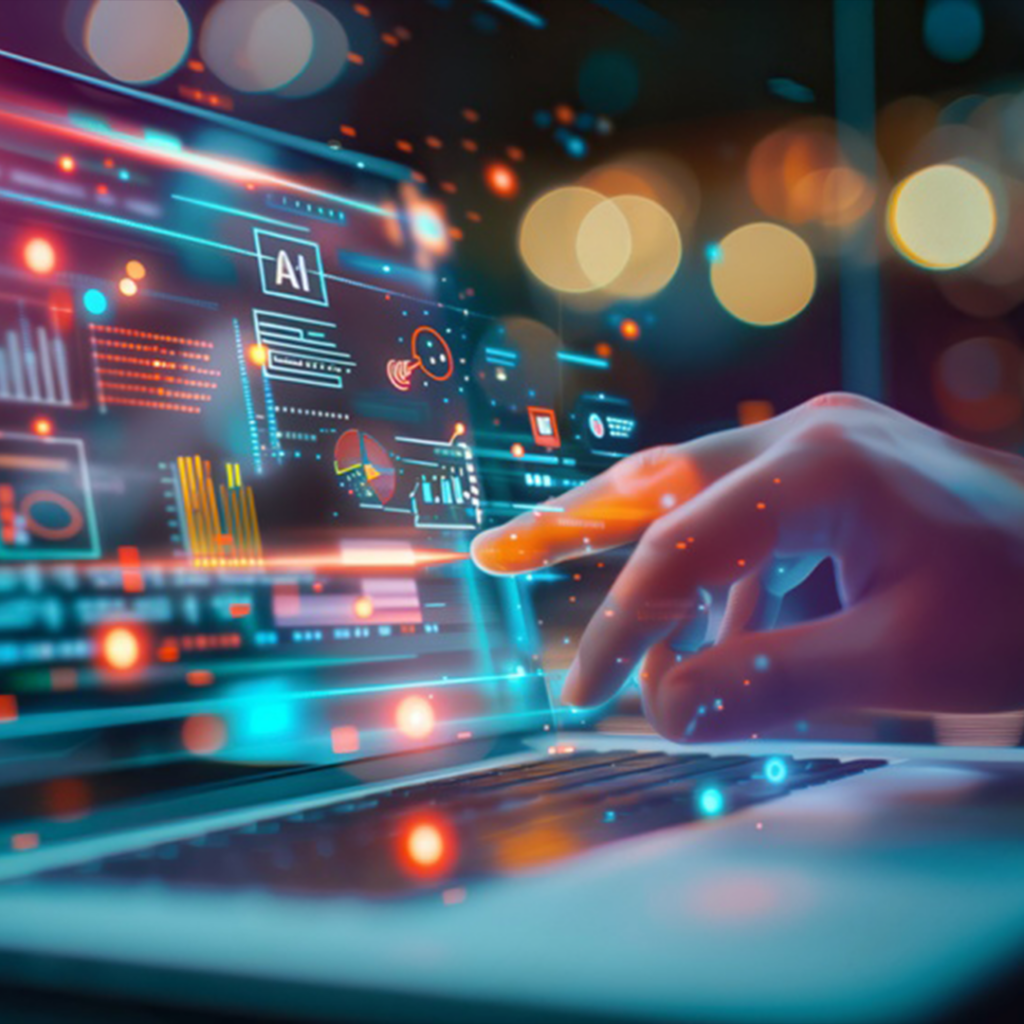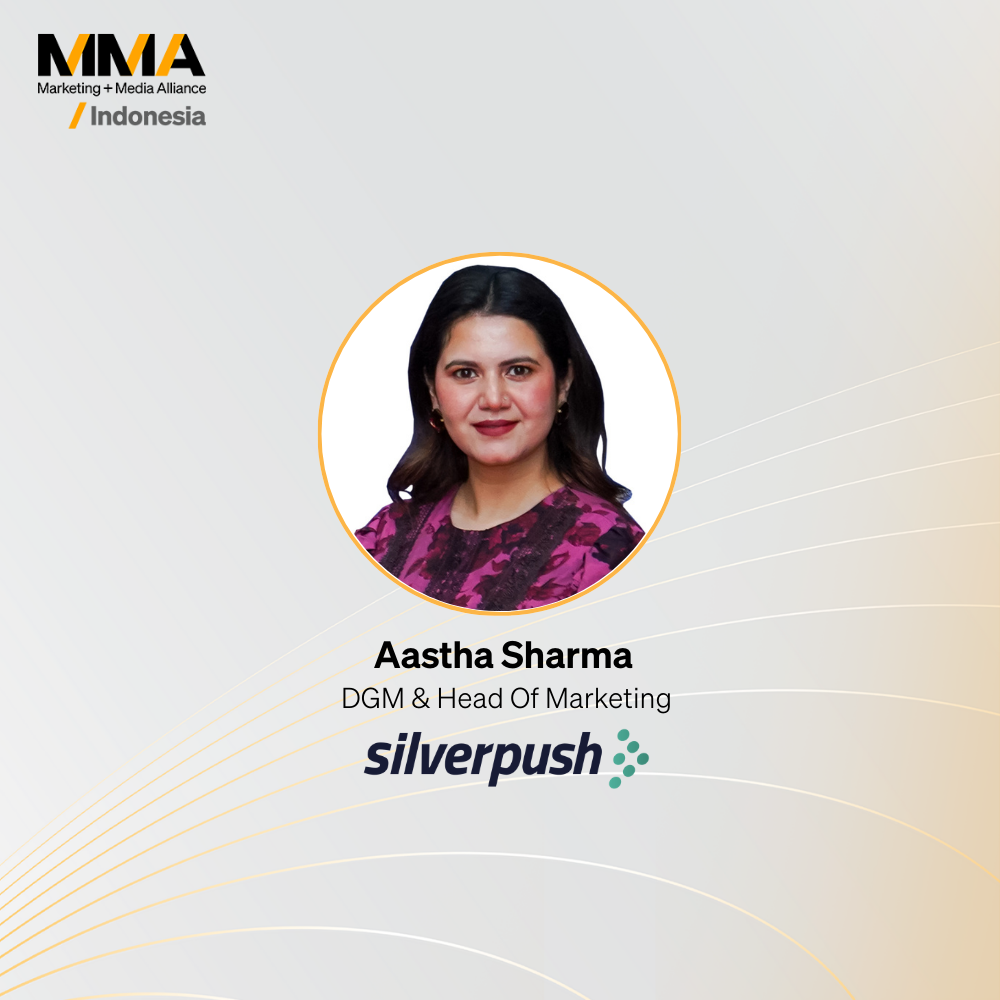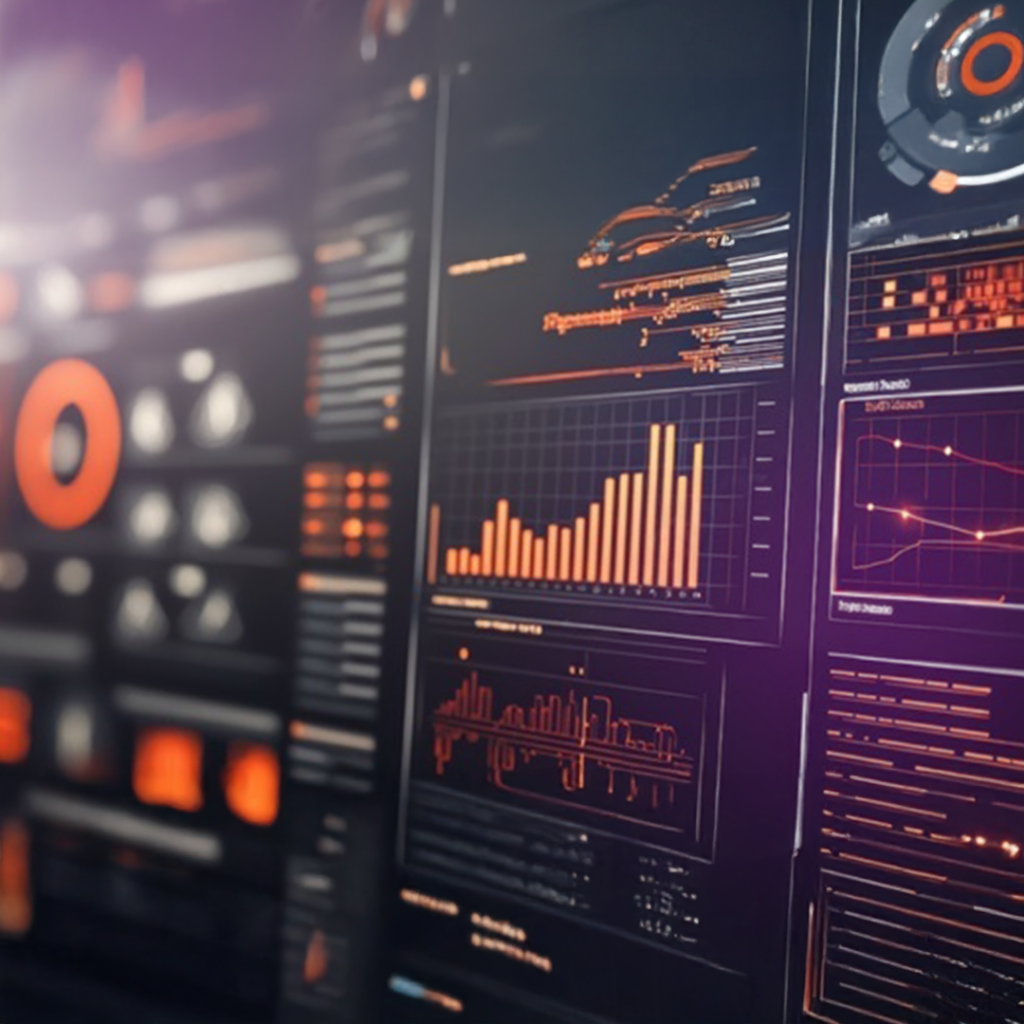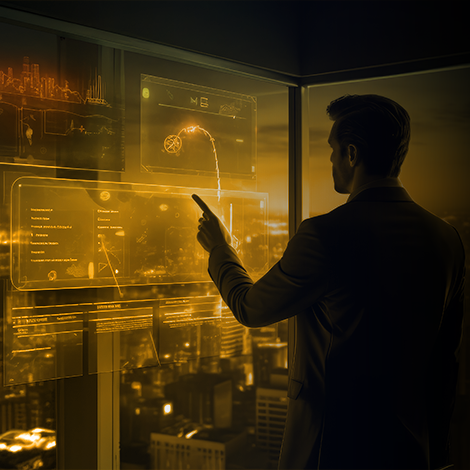
AI isn’t the future anymore; it is the present. And those willing to employ AI in their business process, especially marketing, are reaping benefits through exceptional results and hassle-free experiences.
According to recent findings, approximately 3 out of 4 companies are embracing AI technology to enhance optimisation and personalisation efforts. Furthermore, around 47% of these companies are scaling their business when it comes to digital marketing and customer experience.
Companies are currently employing AI throughout various business areas, including strategy and planning, production, activation & personalisation, and customer service support.
AI for marketers
Fundamentally, AI is the science of creating intelligent and inventive machines. The technology is intended to imitate human intelligence while concurrently acting and reasoning rationally.
In digital marketing, artificial intelligence merely refers to AI solutions designed to assist with various marketing-related activities. For example, digital marketing AI can analyse campaign results, assist with content creation, facilitate decision-making processes, and more.
As technology continues to advance, marketers have increasingly started discovering innovative and distinguished ways to integrate AI into their brand-building and advertising efforts.
AI making its way into marketing strategies
Digital marketing, combined with powerful AI, is a key tool to accelerate business expansion and yield outcomes like increased support from leadership prioritization.
From categorising data analytics to understanding consumer personas, AI has become a valuable instrument to drive effective revenue. It is increasingly integrated into marketing strategies across industries. AI-powered technologies enable marketers to automate repetitive tasks, optimise ad targeting, and personalise customer experiences at scale.
AI accelerates marketing trends and assists digital marketers in selecting the most effective methods for improved results. In addition, it can assist marketers in utilising AI-driven strategies to automate processes for increased ROI. These benefits have pushed companies around the globe to start employing AI in every aspect of their business process.
In my opinion, here’s how AI will transform the Digital Marketing ecosystem over the next few years:
More valuable insights
Today, AI is equipped to promote improved decision-making when planning and designing marketing strategies targeted at a particular industry. Numerous AI tools available in the market can help firms plan their campaigns without human input, and a machine-learning model can execute this task flawlessly.
Marketing automation
No one has time for daily inconsistencies in campaign planning, execution, and monitoring anymore. While marketing automation is a watchword in the digital marketing industry, AI integration can make things function according to unique business requirements. AI can automatically send emails, and SMSs, and make personalised phone calls to target consumers and increase lead generation. The AI-based models can be designed to comprehend marketing funnels thoroughly and execute campaigns as needed.
The personal touch
You are heavily mistaken if you believe AI will make marketing overly aggressive. On the contrary, AI will make marketing more personalised for the end-user and assist marketers in delivering clear and precise messages to existing, prospective, and target consumers. Furthermore, with readily available data sets, AI can execute personalised campaigns while guaranteeing a higher conversion rate.
Ease of access for content marketing and digital advertising
With cutting-edge AI technology, businesses produce top-quality content that rivals human-generated content. This means you can streamline your content creation process and deliver engaging and relevant content at scale.
Additionally, AI can easily address significant challenges that come with campaign optimisation by delivering ads tailored to the requirements of the business or product. It can analyse and autonomously target the group of users based on the campaign’s requirements, allowing for increased ROI – in turn, helping businesses save time and money on a large scale.
Sales, leads and revenue
It is no longer necessary to employ multiple marketers to sell your products. The lead generation and sales tools based on artificial intelligence can easily meet the requirements of consumers by suggesting the appropriate product based on their purchasing behaviour and other insights. It is possible because of AI’s ability to self-learn and evolve through the data provided to it.
Key takeaway
In conclusion, the increasing use of artificial intelligence in marketing and advertising has significant industry-wide implications. The benefits are evident, including increased efficiency, improved consumer experiences, and improved targeting. However, there are also risks that need to be acknowledged. One risk is the potential lack of precision or the inability to measure the effectiveness of AI-driven marketing campaigns accurately. Another risk is the potential for adversarial attacks or the intentional manipulation of AI algorithms to deceive or trick the system. It is crucial for businesses to prioritise security measures, continuously update their AI systems, and implement safeguards to protect against adversarial attacks.
With the continuous evolution and development of AI, it will only become an even more valuable tool for marketers and advertisers, allowing them to remain ahead of the curve and reach their target audiences more effectively and efficiently. Companies that embrace AI and use it responsibly and ethically are likely to obtain the benefits, whereas those that disregard it may fall behind the competition.
Clearly, AI is here to stay, and its influence on marketing and advertising in the coming years will be significant.




